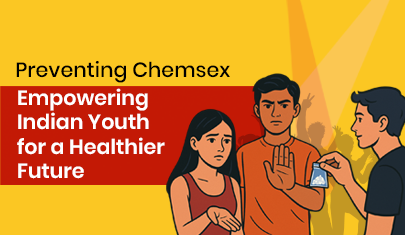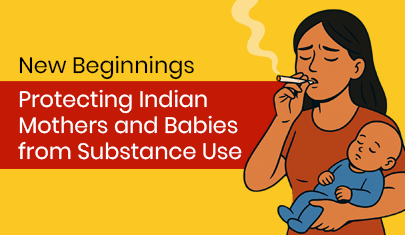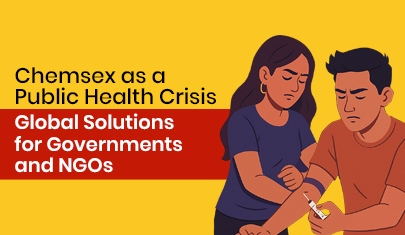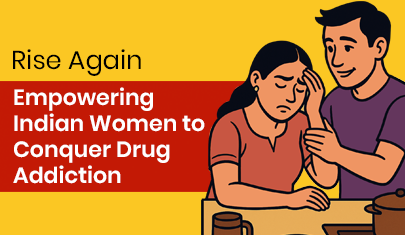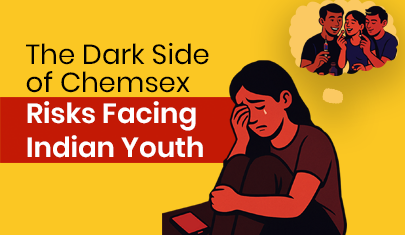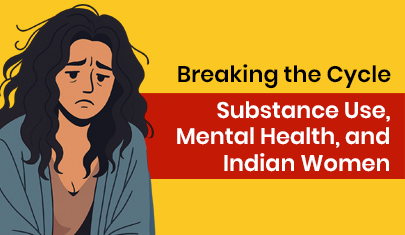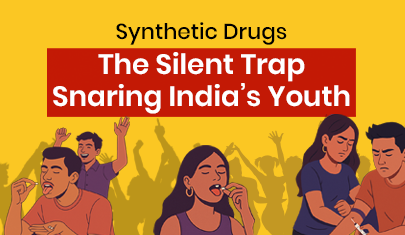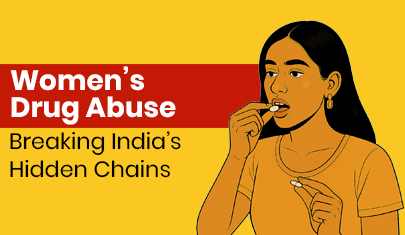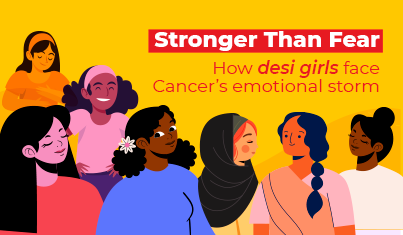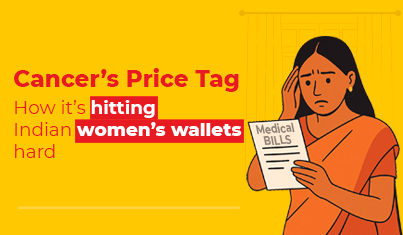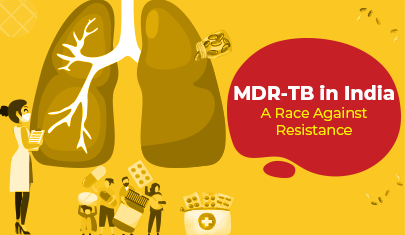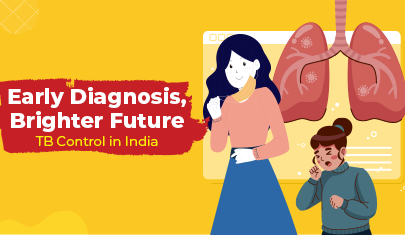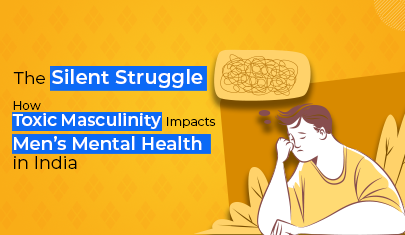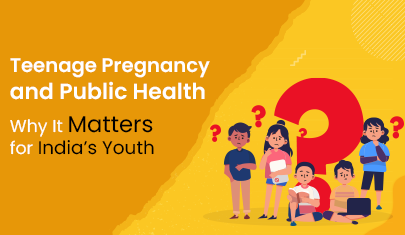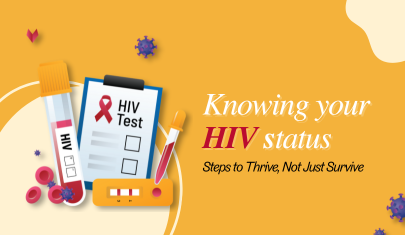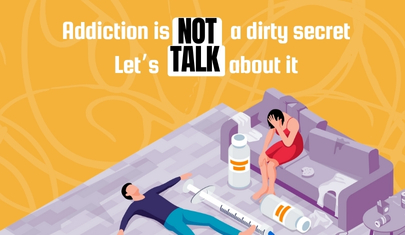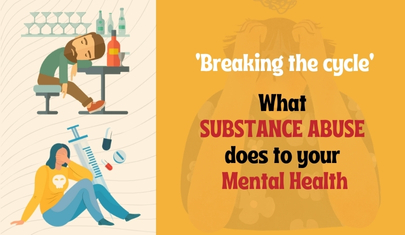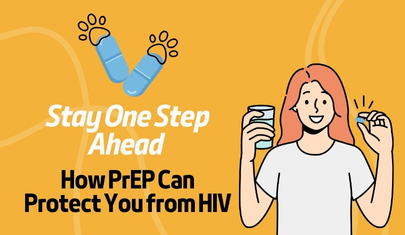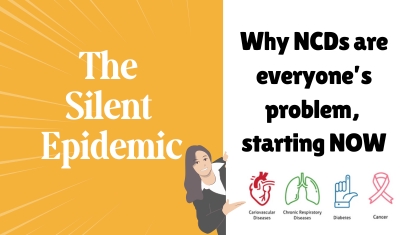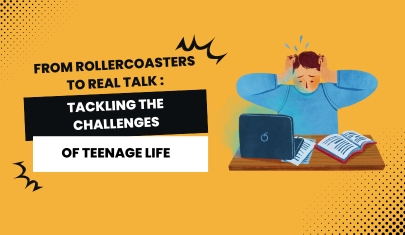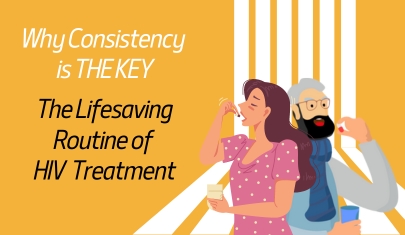General
‘Healing together’ The ROLE OF FAMILY in overcoming substance abuse
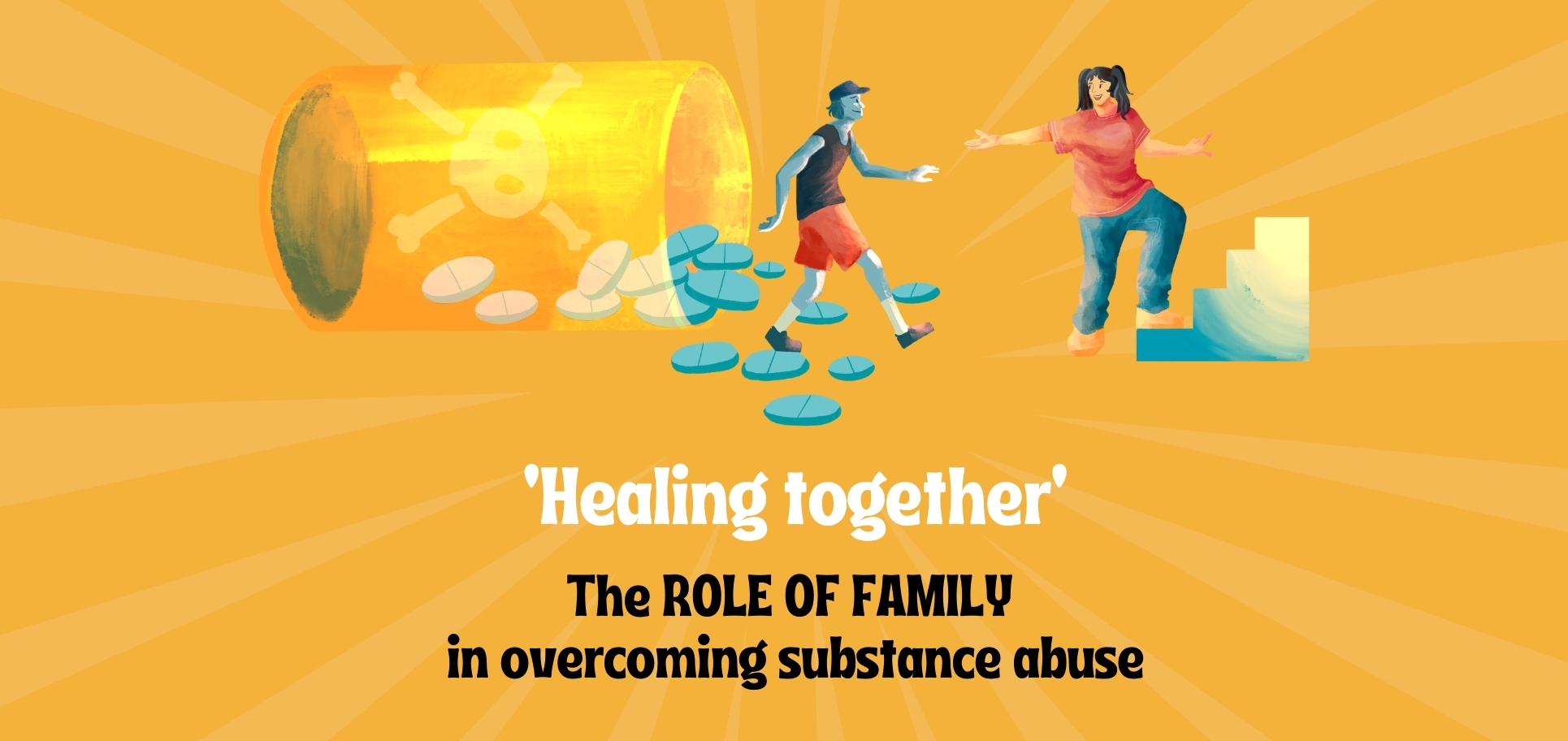
Hey,
When someone you love is struggling with substance abuse, it can feel like a whirlwind of emotions—fear, frustration, sadness, and helplessness. You want to help, but how? In India, where family plays a central role in shaping our lives, the impact of substance abuse doesn’t just affect the individual—it ripples through the entire family.
Can family support really make a difference in recovery? Absolutely. But the key is understanding how to help without unintentionally making things worse. In this blog, we’ll explore how families can provide the emotional stability needed for recovery, practical steps to offer support, and ways to avoid enabling destructive behaviour. Let’s talk about how to set boundaries, get involved in therapy, and create a balanced, supportive environment for your loved one’s long-term recovery.
Why Family Support Matters: The Heart of Recovery
In India, where family ties are often seen as unbreakable, the role of the family in recovery from substance abuse cannot be overstated. Substance abuse is never an individual problem—it affects parents, siblings, spouses, and even extended relatives. The good news? Family can be a powerful resource in helping someone navigate their way out of addiction.
Why does family support matter so much in recovery? Because recovery is not just about getting clean—it’s about rebuilding a healthy life. Emotional support, stability, and accountability from family members can provide the foundation needed to make lasting changes.
A study by the National Institute of Mental Health and Neurosciences (NIMHANS) in India showed that people who have strong family support during their recovery process are more likely to stick to treatment, avoid relapse, and develop healthier coping mechanisms. The recovery journey can feel like an uphill battle, but with family by your side, it becomes a little easier.
How Families Can Support Without Enabling
One of the biggest challenges families face when helping a loved one in recovery is the fine line between support and enabling. Support means helping your loved one take steps toward recovery, while enabling means unintentionally making it easier for them to continue their harmful behaviour.
Let’s break it down: How do you offer support without enabling?
- Don’t Ignore the Problem: Pretending that the substance abuse isn’t happening won’t make it go away. A common reaction in Indian families is to brush uncomfortable topics under the rug to “save face.” But ignoring the problem only allows it to grow. Addressing the issue head-on, in a loving and non-confrontational way, is the first step toward supporting recovery.
- Set Clear Boundaries: Boundaries are essential in protecting both you and your loved one. Without boundaries, your help can turn into enabling. For example, if your family member is asking for money to support their addiction, saying “no” is necessary—even if it feels hard. Offer help with treatment instead of supporting the harmful behaviour.
- Avoid Rescuing or Covering Up: It’s natural to want to shield your loved one from the consequences of their actions, but constantly rescuing them from their mistakes can prevent them from facing the reality of their addiction. If they miss work, lose money, or experience other fallout from their substance use, don’t cover up for them. These consequences can sometimes be the wake-up call they need to seek help.
- Encourage Responsibility: While offering support, it’s essential to empower your loved one to take responsibility for their recovery. Encourage them to attend therapy, take part in support groups, or seek professional treatment. Recovery is their journey, but your encouragement can motivate them to stay on track.
Family Therapy: A Crucial Step in the Healing Process
Addiction isn’t just about the substance—it’s also about the underlying emotions and issues that fuel the behaviour. In many cases, family dynamics play a significant role in the development and continuation of substance abuse. That’s why family therapy is such a critical part of the recovery process.
What is family therapy, and how does it help? Family therapy is a type of counselling that involves the whole family in the healing process. It helps family members understand the impact of substance abuse, work through emotions like anger and guilt, and learn how to communicate effectively. This can strengthen relationships and provide a healthier environment for the person in recovery.
In India, where traditional family structures often place a high value on unity and respect, family therapy can help bridge gaps in understanding. For example, parents might struggle to understand why their child started using drugs in the first place, or a spouse may feel betrayed by their partner’s addiction. Family therapy provides a safe space to work through these feelings together.
Setting Boundaries: The Toughest but Most Necessary Step
Let’s talk about boundaries. Setting boundaries is one of the hardest things to do when you love someone, but it’s also one of the most important steps in supporting their recovery.
What does setting boundaries look like?
- Saying “No” to Harmful Behaviours: It’s tough to say no to a loved one who’s asking for help, but if that help is fuelling their addiction, it’s time to set a boundary. For example, if your family member asks for money to buy alcohol or drugs, it’s okay to say no. Instead, offer to help with things that contribute to their recovery, like paying for therapy or treatment.
- Prioritize Your Well-Being: Addiction doesn’t just harm the person using substances—it affects the entire family. Setting boundaries also means protecting your own mental and emotional health. If you need space, time to recharge, or support from friends and therapists, take it. You can’t help someone else if you’re burnt out.
- Be Consistent: Once you set a boundary, stick to it. Inconsistency can send mixed messages and make it harder for your loved one to understand the consequences of their actions. If you say you won’t give money to support their habit, don’t change your mind under pressure.
Encouraging Healthy Coping Mechanisms: The Key to Long-Term Recovery
Substance abuse often develops as a way of coping with stress, trauma, or mental health issues. As a family, one of the most powerful things you can do is encourage healthy coping mechanisms. This means helping your loved one find alternatives to using substances when they’re feeling overwhelmed.
How can families encourage healthier coping mechanisms?
- Promote Physical Activity: Exercise has been shown to reduce cravings and improve mental health. Encourage your loved one to go for walks, join a yoga class, or engage in physical activities they enjoy. Better yet, make it a family activity! Spend time together outdoors, whether it’s a morning walk or weekend hike.
- Offer Emotional Support: Recovery is an emotional rollercoaster, and your loved one will likely experience a wide range of feelings—fear, frustration, sadness, and even anger. Listen without judgment, and let them know it’s okay to express their emotions. Just being there can make all the difference.
- Introduce Relaxation Techniques: Meditation, mindfulness, and breathing exercises can help manage stress and anxiety during recovery. Consider suggesting or practicing these techniques as a family. Apps, online resources, or local classes can be a great way to introduce these tools into daily life.
The Importance of a Supportive Environment
Creating a supportive environment at home is essential for someone in recovery. This means providing not just emotional support but also practical help. The recovery journey can be long and challenging, but a stable, positive environment can make all the difference.
What can you do to create a supportive environment?
- Encourage Open Communication: Let your loved one know they can talk to you about their struggles without fear of judgment. Sometimes, just knowing that they have someone to talk to can prevent relapse.
- Help with Logistics: Recovery often involves medical appointments, therapy sessions, and support group meetings. Offer to help with transportation, scheduling, or childcare if needed. These small acts of support can ease the burden on your loved one.
- Celebrate Milestones: Recovery is a long journey, so celebrating small victories is essential. Whether it’s a week of sobriety, attending therapy regularly, or avoiding triggers, acknowledging these achievements can motivate your loved one to keep going.
Long-Term Recovery: The Family’s Ongoing Role
Recovery doesn’t end after rehab or the initial treatment phase—it’s an ongoing process. Families continue to play an essential role in long-term recovery by providing a stable support system.
Here are a few tips for long-term support:
- Encourage Continued Treatment: Whether it’s attending support groups or staying in therapy, ongoing treatment is crucial for long-term recovery. Support your loved one by encouraging them to stick with it.
- Stay Involved: Family involvement shouldn’t stop after treatment. Regular check-ins, attending family therapy sessions, and staying connected can help prevent relapse and offer encouragement.
YRGCARE is Here to Help
If you or someone you know is struggling with substance abuse, remember that you don’t have to go through this alone. YRGCARE provides guidance, support, and referrals to help families navigate the recovery process. We understand the complexities of substance abuse and are here to support you every step of the way.
With warmth and support – YRG Communications Team




